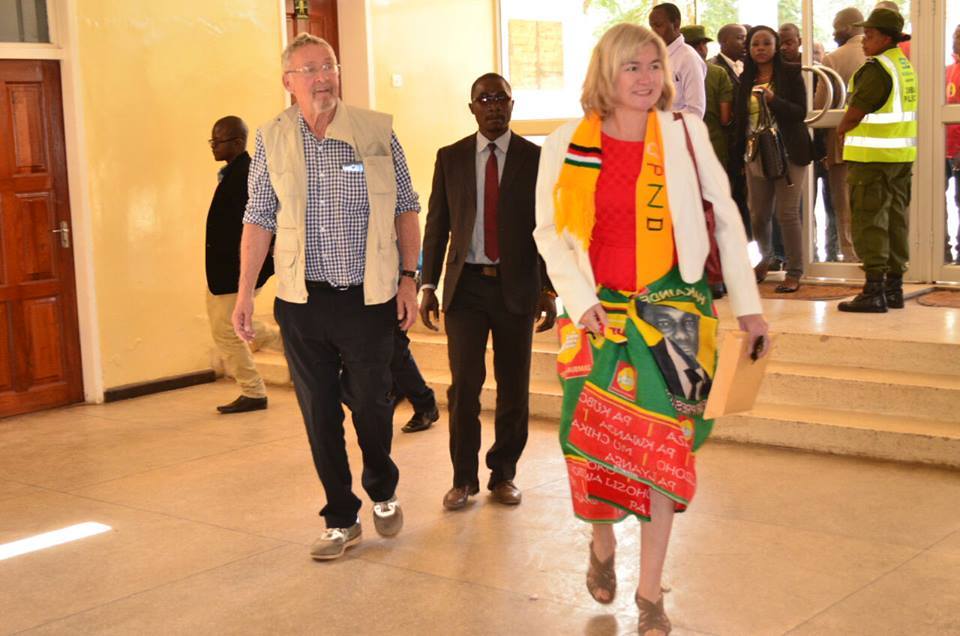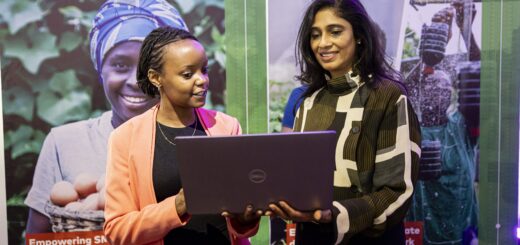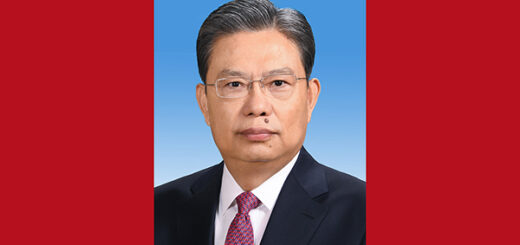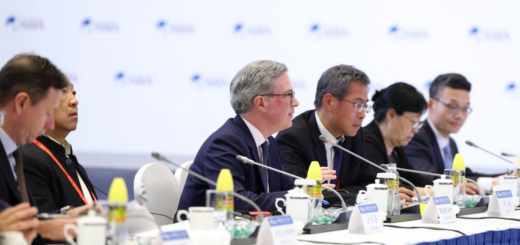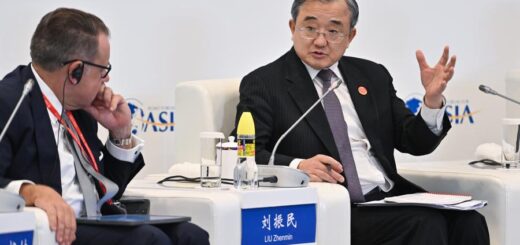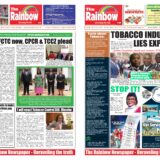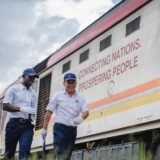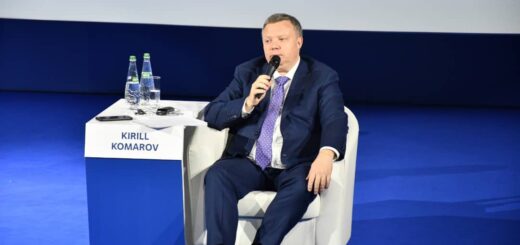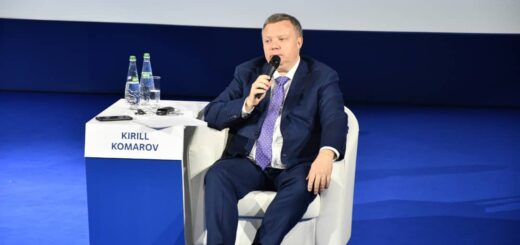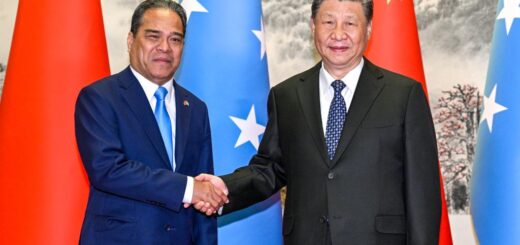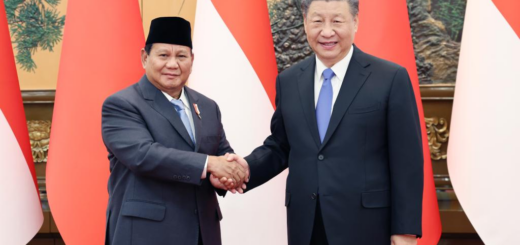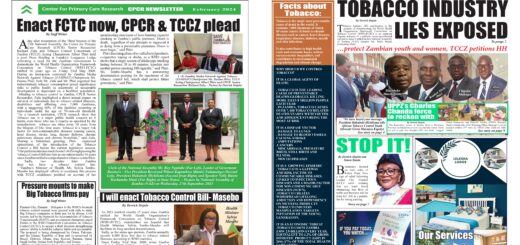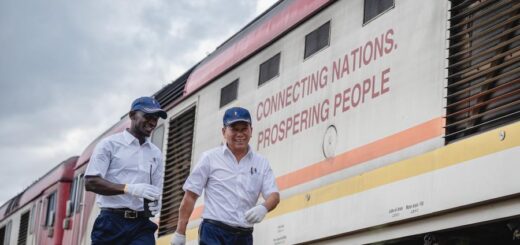In recent years, the entrepreneurial spirit in Uganda has gained international attention and led to their title as the most entrepreneurial country in the world as 28 % of the adult population own or co-own a business (Global Entrepreneurship Monitor, 2015). The streets of the Kampala beautifully capture this spirit, as you often see endless vendors on either side of the road or the small boutiques popping up on every corner. Indeed, Micro, Small and Medium Enterprises (MSMEs) account for 90 % of the private sector (Deloitte, 2016), and with the right kind of assistance, it is this group that can meet the growing employment challenge among youth in Uganda. Fontes Foundation Uganda (FFU) has been working the past year tirelessly to bridge this gap between MSMEs and youth through our Job Placement Programme (JPP).
Most of the businesses remain small or informal because they want to avoid taxes and registration costs but this poses severe challenges for employment. There is a significant chance of underemployment and poor work conditions. Employers are not required to adhere to employment policies, which means they can take advantage of youth who desperately need work experience. Since the informal sector accounts for 58 % of the non-agricultural employment in Uganda (Skilling Uganda 2011-2020, Ministry of Education), this problem is more prevalent than most people care to admit. To tackle this issue, JPP has been doing a thorough evaluation of potential employers, and we ask them to sign a written agreement that includes terms of employment. Employers agree to this because the contract also stipulates that we will do an onboarding process and continuous follow-up with our graduates through their three-month job placement. This is a win-win situation for both the employer and employee.
Moreover, small and informal businesses struggle with recruitment because of scarce resources. Limited online presence means that they rely on word-of-mouth. This is equally challenging for potential employees, as they need to be much more proactive in their efforts to find employment. Our JPP addresses this, as our Job Placement Coordinator travel from business to business for possible vacancies. To overcome this obstacle requires a considerable amount of time and work, but it also changes how we talk about job searching to our students. We emphasise negotiation and communication skills, so when the time comes to do the grunt work on their own, they will know how to approach and leave a lasting impression on potential employers. In our experience, it is these soft or transferable skills that determine whether or not students acquire employment in the first place. Before students enter our core course, the idea of being assertive or even mustering up the confidence to speak to an authority figure was unimaginable, and since so much of job searching requires just that, the likelihood of remaining unemployed was very high.
Furthermore, limited resources also mean that MSMEs struggle with finding the right kind of people, which ultimately leads to high staff turnover. Through our JPP, we evaluate students’ interests and match that with potential employment opportunities. This process allows us to establish what various businesses need, and how our graduates can add-value and contribute to their strategies. For instance, one of our former students, Jimmy Galabuzi, wanted to work for a coffee shop, so he could acquire the necessary knowledge and skills to start his own coffee business in the future. ‘Coffee At Last’ needed someone with social media skills to help them increase their online presence. Jimmy was able to assist them with that, and this coupled with his excellent customer service skills ultimately lead to his full-time employment. Coffee At Last was so pleased with our JPP process and how we matched their needs with Jimmy’s skills that they asked us to send more students from our Youth Centre.

Barbara Nakiyingi training to become a waitress at the Golden Tulip.
Finally, our biggest challenge is perhaps working with more established companies mainly because they fixate on our students’ educational background. FFU works mostly with high school dropouts, and their lack of diploma curb their chances of employment. Nonetheless, the hospitality and service sector offers excellent opportunities. In general, this industry struggles with finding employees who know how to use their customer service skills and creativity to handle various situations. Since our Personal Development course focuses on entrepreneurship, problem-solving and interpersonal skills, our students can discern the needs of the customers, and find a solution. Barbara Nakiyingi is perhaps a great example. She graduated from the Youth Centre earlier this summer and got a job as a waitress at the Golden Tulip, a high-end hotel in Kampala. Barbara excelled during the hotel’s pre-training mostly because of her creativity and problem-solving skills, something she mastered in her market research preparation for her business plan at the Youth Centre. This experience will be invaluable when she decides to fulfil her dream of opening her restaurant. In the meantime, Barbara can celebrate her sixth month of employment at the Golden Tulip!
These are just some of the lessons we have learned since the inception of the JPP earlier this year. So far, we have successfully placed 13 students, and 85 % of them have full-time employment now. By finally incorporating JPP, we have now embraced a holistic approach that not only trains youth but also tries to bridge the gap between them and MSMEs. This self-assigned role of mediator has given us exceptional insight that allows us to improve our courses to meet needs of the market but also challenge employers on their attitudes of the Kampala youth.

read more


 Fontes Foundation
Fontes Foundation















